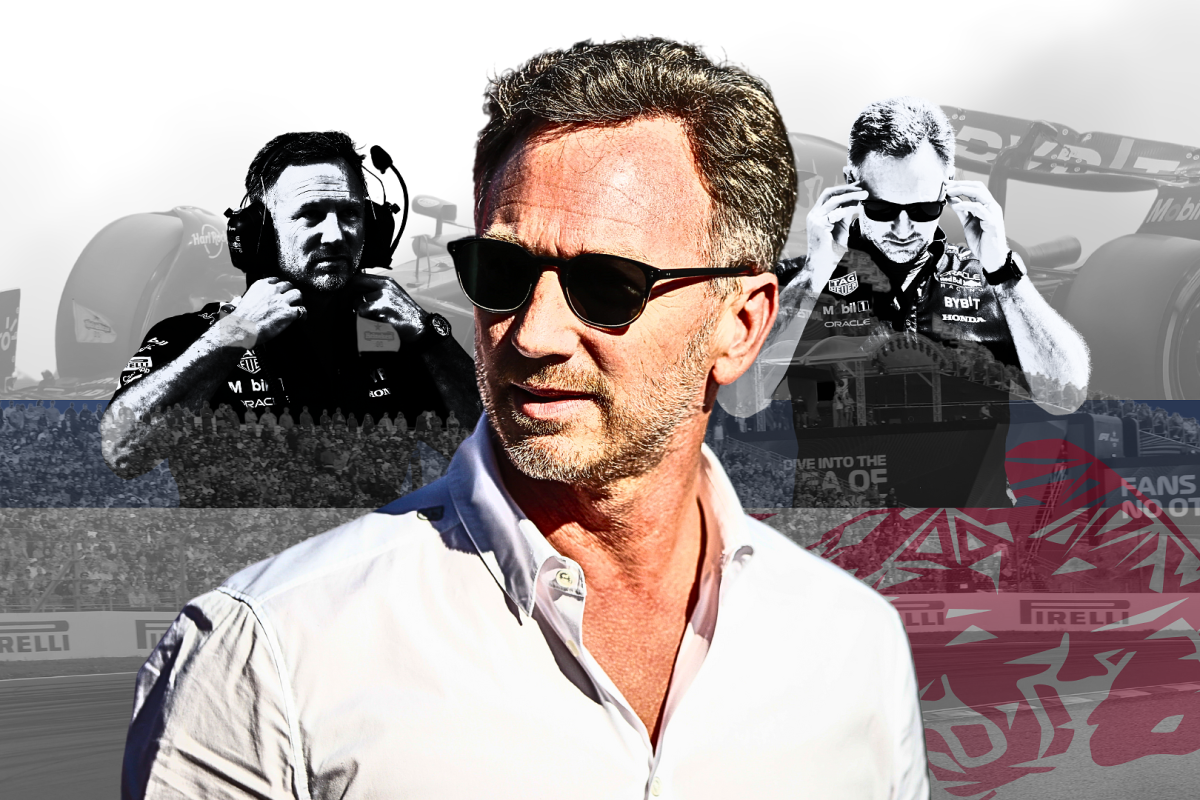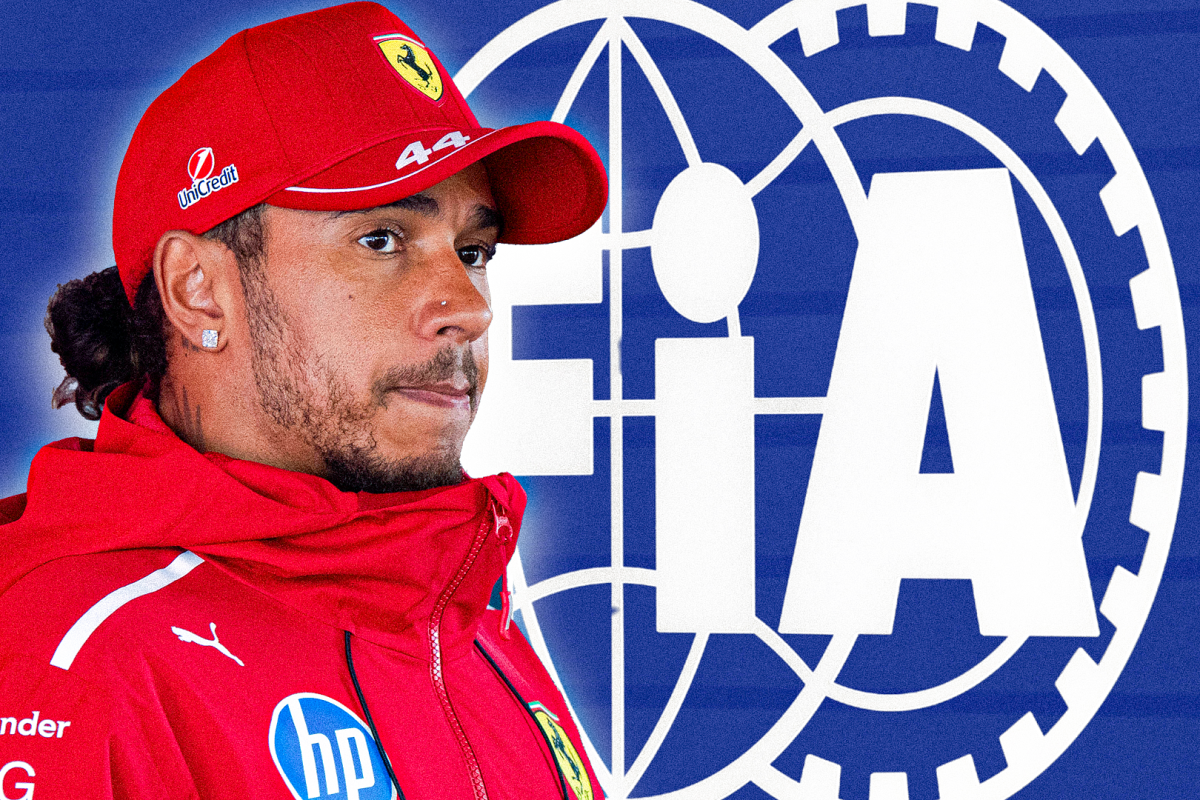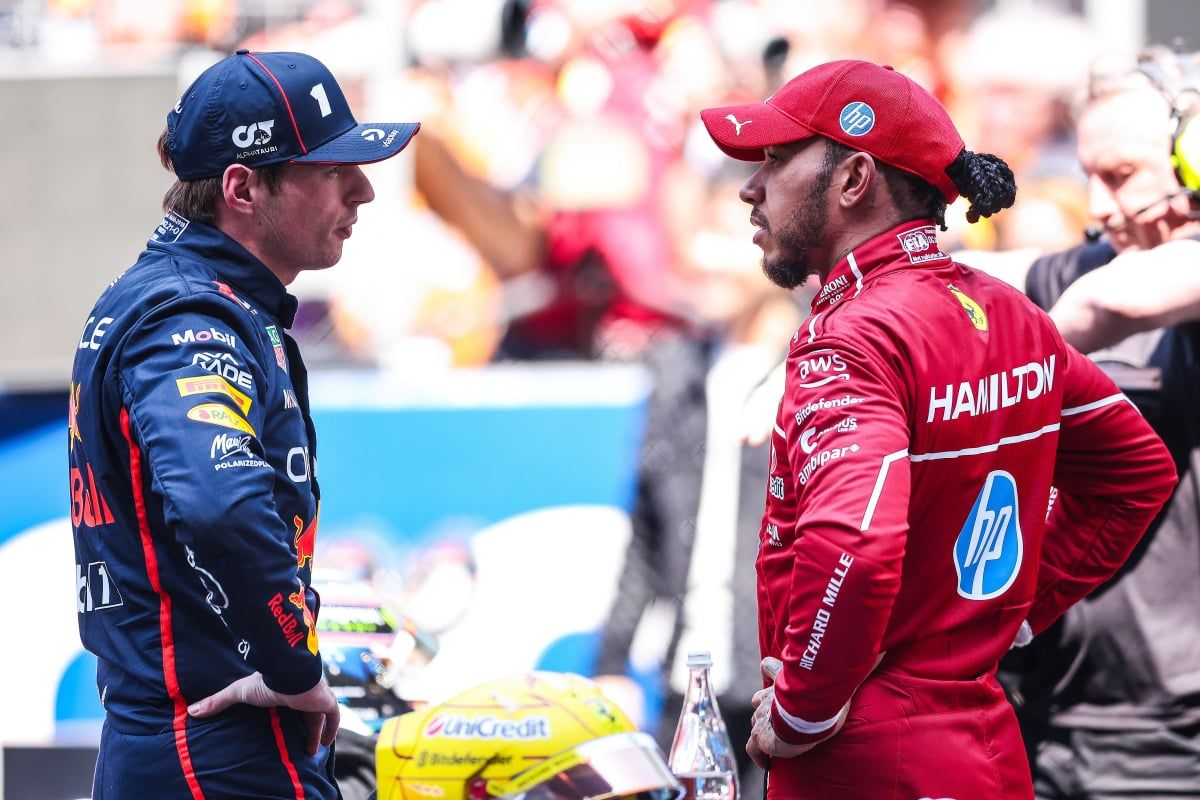Red Bull announce Christian Horner FIRED in shock F… read more
In a move that has stunned the Formula 1 world, Red Bull Racing have officially announced the departure of long-serving team principal and CEO Christian Horner. The bombshell news was confirmed on Wednesday, July 9, 2025, with a statement revealing that Horner has been “released from his operational duties” effective immediately. The decision brings to a close an extraordinary 20-and-a-half-year tenure that began in 2005 when Red Bull purchased Jaguar’s F1 team and installed Horner as the youngest team boss on the grid.
“Red Bull has released Christian Horner from his operational duties with effect from today and has appointed Laurent Mekies as CEO of Red Bull Racing,” read the official statement from the team, released via the Formula 1 website. The abrupt nature of the announcement and the lack of prior indication has sent shockwaves through the sport, as Horner’s presence had become synonymous with the Red Bull Racing identity.
Under Horner’s leadership, Red Bull evolved from a mid-grid curiosity into one of the most dominant forces in Formula 1. With his strategic acumen, relentless ambition, and a flair for managing both driver talent and internal team politics, Horner oversaw the team’s transformation into serial title contenders. Red Bull’s impressive trophy cabinet includes six Constructors’ Championships and eight Drivers’ titles, four of which came with Sebastian Vettel from 2010 to 2013, and four more with Max Verstappen from 2021 to 2024.
However, the 2025 season has not lived up to the high standards Red Bull have set in recent years. The once-dominant team has struggled for pace and consistency, with Verstappen currently third in the Drivers’ Championship and the team sitting a distant fourth in the Constructors’ standings—288 points behind leaders McLaren. The underwhelming performance has coincided with internal changes and growing instability, which now appears to have culminated in Horner’s dismissal.
Oliver Mintzlaff, managing director of Red Bull GmbH, offered a gracious farewell to Horner in the team’s statement. “We would like to thank Christian Horner for his exceptional work over the last 20 years. With his tireless commitment, experience, expertise, and innovative thinking, he has been instrumental in establishing Red Bull Racing as one of the most successful and attractive teams in Formula 1. Thank you for everything, Christian, and you will forever remain an important part of our team history.”
Horner’s exit is the latest in a string of high-profile departures from the Milton Keynes-based outfit, further fueling concerns about Red Bull’s internal stability. Last season, technical mastermind Adrian Newey shocked the F1 paddock by announcing his departure from the team. Newey, widely regarded as one of the greatest car designers in the sport’s history, has since joined Aston Martin. Shortly afterward, Jonathan Wheatley, Red Bull’s long-serving sporting director, also left the team and is now overseeing operations at Sauber in preparation for their 2026 transformation into the Audi works team.
These significant losses have not gone unnoticed, and Horner’s departure adds a new layer of complexity to Red Bull’s predicament. Perhaps most concerning for the team is the future of Max Verstappen. Although the reigning world champion is under contract until 2028, reports have circulated that his deal includes several exit clauses linked to team performance and key personnel retention. With the likes of Newey, Wheatley, and now Horner gone, Verstappen’s future at Red Bull appears increasingly uncertain.
Mercedes have reportedly been in talks with the Dutch superstar, hoping to lure him away in time for the massive regulation changes set to take effect in 2026. The new rules will overhaul both engine specifications and aerodynamic packages, effectively resetting the competitive landscape. For Verstappen, who will be 28 at the start of that season, it may be the perfect opportunity to begin a new chapter—especially if he perceives Red Bull as entering a period of decline.
The appointment of Laurent Mekies as Horner’s successor adds further intrigue. Mekies, formerly team principal at AlphaTauri and briefly affiliated with Ferrari in a sporting director role, brings significant experience but lacks the deep-rooted connection to Red Bull’s senior leadership that Horner enjoyed. Whether he can steady the ship and navigate the team through what is shaping up to be one of its most tumultuous periods remains to be seen.
Ultimately, Horner’s departure marks the end of an era. He was not only the face of Red Bull Racing but also a central figure in many of F1’s most memorable storylines over the past two decades. From his fierce rivalries with figures like Toto Wolff and Ron Dennis to his guidance of future legends like Vettel and Verstappen, Horner’s presence helped shape modern Formula 1.
As the dust settles, Red Bull now find themselves at a crossroads. With their once-dominant machine showing cracks, key personnel gone, and their superstar driver’s future hanging in the balance, the coming months will be critical. For now, all eyes are on Laurent Mekies, who has the daunting task of guiding Red Bull through its next chapter—without the man who built it from the ground up.




